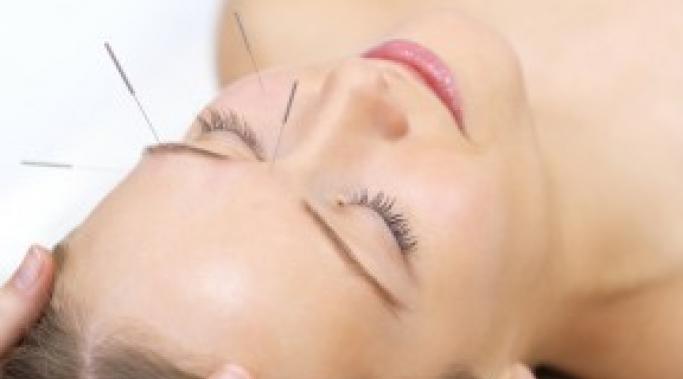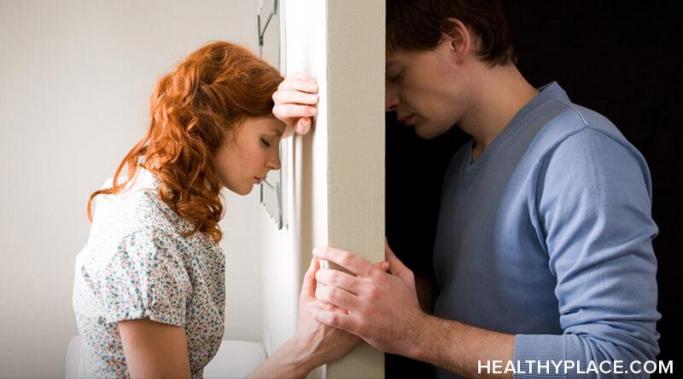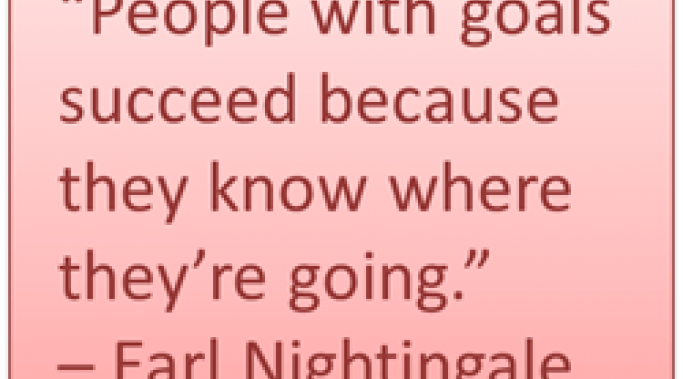Blogs
When people who self-harms feel the need to harm their bodies, they typically turn to the same coping skills they use on a daily basis to stop the urge. Many people listen to music or use deep breathing to help maintain composure when feeling uneasy. Going for a walk or writing down thoughts can be helpful when handling the urge to self-harm. However, sometimes turning to the same coping skills can be just as frustrating as the urge itself when those coping skills don’t always work. Unique self-harm alternatives like massage and acupuncture can help stop self-harm.
After receiving my diagnosis of anorexia as a teen and spending my first short stint in-hospital, I found that the subject of anorexia became slightly taboo. Don’t speak of it and it doesn’t exist. That was the undeclared rule. It was like I’d had a cold -- only instead of receiving a prescription of antibiotics, I’d been plied with calories: calories and cakes and cheese and onion crisps. And, for a while, I succumbed just enough. I ate just enough in public to slip under the radar, just enough to continue my mental deterioration undetected. Just enough to "be cured." Had I found a quick fix for mental illness?
Lots of people with mental health disorders, such as binge eating disorder, don't just suffer from one mental illness. Comorbidity is a term used to describe when two or more chronic illnesses are present in the same person. While not everyone has this problem, lots of people do suffer from binge eating disorder and other mental health disorders. For instance, I have binge eating disorder and bipolar disorder. Sometimes, one mental health disorder can aggravate the other and it can make dealing with binge eating disorder all the more complicated.
For anyone who experiences dissociation as part of the posttraumatic stress disorder (PTSD), (and this includes me during my PTSD years) you know how frustrating, embarrassing and uncontrollable it can be. Reducing dissociation in PTSD is something we all want.
“Life must be lived and curiosity kept alive. One must never, for whatever reason, turn his back on life.” – Eleanor Roosevelt.
Eleanor Roosevelt is one of my heroes for her wisdom and for her deep humanity. I take her words to heart. When anxiety barges into our lives, however, it can be difficult to refrain from turning our back on life. Indeed, anxiety often forces us not only to turn our back but to run and hide safely away. But what we might remember is that curiosity kills anxiety.
While it’s something that many people don’t want to talk about, sex matters to people. Sexual function and sexual desire can be important parts of a person’s life, particularly if he or she is in a relationship. And, unfortunately, what we know is that combat posttraumatic stress disorder (PTSD) affects a veteran’s sexual desire and sexual function in negative ways. In fact, some studies have showed such a correlation between sexual dysfunction and PTSD that some have proposed making it an official, diagnostic criteria.
With the start of 2015, it is a good time to step back and take a look at the past year and identify some areas of your life that you would like to improve this year. No matter if you are suffering from a preexisting mental health condition or not, everyone can benefit from a resolution to improve one’s overall mental health.
A lot of my days with anxiety disorder start something like this: I wake up, then ask myself why I stayed up so late (again) the night before. I'm sleep-deprived, my eyes are bleary, and my thoughts are a grey, swirling blob of worry. I have a powerful feeling I'm forgetting something, or a lot of things (Reduce Morning Anxiety With These 5 Useful Tips). Then I groan loudly at the prospect of having to drag myself through another seemingly pointless day of my pathetic existence. This is often followed by a black wave of despair, and a strong desire to crawl back into bed -- maybe forever. It is not easy to plan a day with anxiety disorder.
For all the success I have had recovering from mental illness, the one thing I haven’t gotten over is my deep hatred for myself. Perhaps “hate” is a strong word; maybe “severely dislike” is a more fitting phrase, but I am not in the business of sugar coating my writing. When I lie awake at night and think about who I am, my anxiety makes me hate myself and that’s okay.
For the past few months, I have struggled to accept my gender identity and the fact that I am genderqueer. I've been having a hard time trying to label my gender identity, especially since our society puts only two labels to gender: man or woman. Thanks to the social websites like Tumblr, though, I am starting to see that there are other people just like me out there.










I believe she will only be able to rid herself of her demons, and hopefully her BPD as well, when she's ready to confront the abuse of her father. If she can put the blame where it belongs, she may stop projecting that victim/perpetrator cycle on the present men in her life. These demons are a metaphor for the purgatory she has created for herself. That reality has consequences in the real world, but it need not be real in the tangible sense. Exorcising her demons will require the expenditure of real physical energy and probably the destruction of aspects of her personality. If this ever happens, and it's possible but not probable, then these demons will evaporate. They are only as real as one's personality is real. In short, reality is not the question, it's what you make of the things you feel to be real.